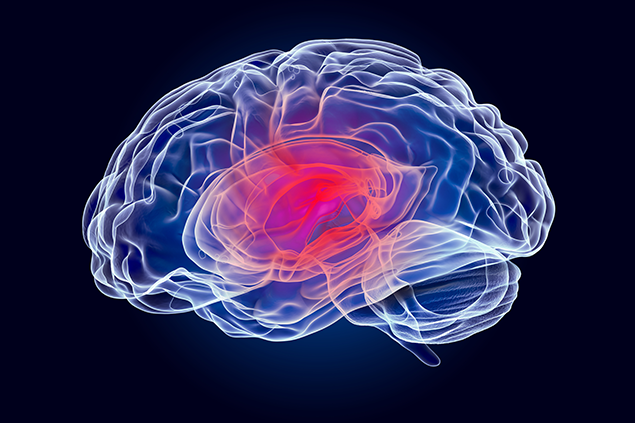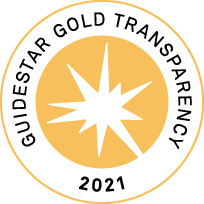
Image Source: https://www.cdc.gov/headsup/index.html
Introduction
Concussions are a common type of traumatic brain injury that can occur in various situations, from sports and recreational activities to accidents in daily life. Recognizing the signs of a concussion and taking appropriate action is crucial for ensuring a safe and timely recovery. In this blog post, we will discuss how to know if you’ve had a concussion and what steps to take if you suspect you or someone you know has experienced one.
How to Recognize a Concussion
- Symptoms: Concussion symptoms can vary, but common signs include:
– Headache
– Confusion or feeling dazed
– Nausea or vomiting
– Dizziness or balance problems
– Sensitivity to light and noise
– Blurred vision
– Slurred speech
– Memory problems
– Difficulty concentrating
– Sleep disturbances
- Loss of Consciousness: Contrary to popular belief, loss of consciousness does not always occur with a concussion. Many people who experience concussions never lose consciousness.
- Amnesia: Post-traumatic amnesia is a common indicator of a concussion. This means you may have difficulty remembering the events immediately before or after the injury.
- Emotional Changes: You may experience mood swings, irritability, or changes in behavior.
- Physical Symptoms: Look for any physical signs, like a bump, bruise, or wound on the head or face.
- Delayed Onset: Sometimes, symptoms may not appear right away but may develop in the hours or days following the injury.
What to Do If You Suspect a Concussion
- Seek Medical Attention: If you suspect a concussion, it’s essential to see a healthcare professional. They can assess the severity of the injury and provide appropriate guidance for recovery. The doctor may recommend imaging tests, like a CT scan, to rule out more severe brain injuries.
- Rest: Rest is crucial for concussion recovery. Both physical and cognitive rest are essential in the initial stages. This means avoiding strenuous physical activity and limiting activities that require intense concentration.
- Follow Medical Advice: Listen to your healthcare provider’s recommendations. They may advise on when it’s safe to return to normal activities, such as school, work, or exercise.
- Monitor Symptoms: Keep a close watch on concussion symptoms and report any changes to your healthcare provider. If symptoms worsen or new ones develop, tell your doctor right away.
- Avoid Additional Injuries: While recovering, it’s important to prevent any further head injuries, as repeated concussions can be more severe.
- Stay Informed: Stay updated on the latest concussion guidelines and recommendations from trusted sources. Understanding the recovery process is vital for both patients and caregivers.
Conclusion
Recognizing the signs of a concussion and taking appropriate action is crucial for a safe and speedy recovery. Always prioritize your health and well-being and seek medical attention when necessary. Stay informed about concussions through reliable sources and follow the guidance of healthcare professionals to ensure the best possible outcome.
Sources
- Centers for Disease Control and Prevention (CDC): The CDC offers a comprehensive section on concussions, including information on prevention, recognition, and management. (https://www.cdc.gov/headsup/index.html)
- Brainline: Brainline provides valuable resources and personal stories related to traumatic brain injuries, including concussions. (https://www.brainline.org/)
- Mayo Clinic: The Mayo Clinic offers in-depth information about concussions, their causes, symptoms, and treatment options. (https://www.mayoclinic.org/diseases-conditions/concussion/symptoms-causes/syc-20355594)
- Concussion Legacy Foundation: This organization is dedicated to raising awareness about the long-term consequences of concussions and provides resources for athletes and families. (https://concussionfoundation.org/)
